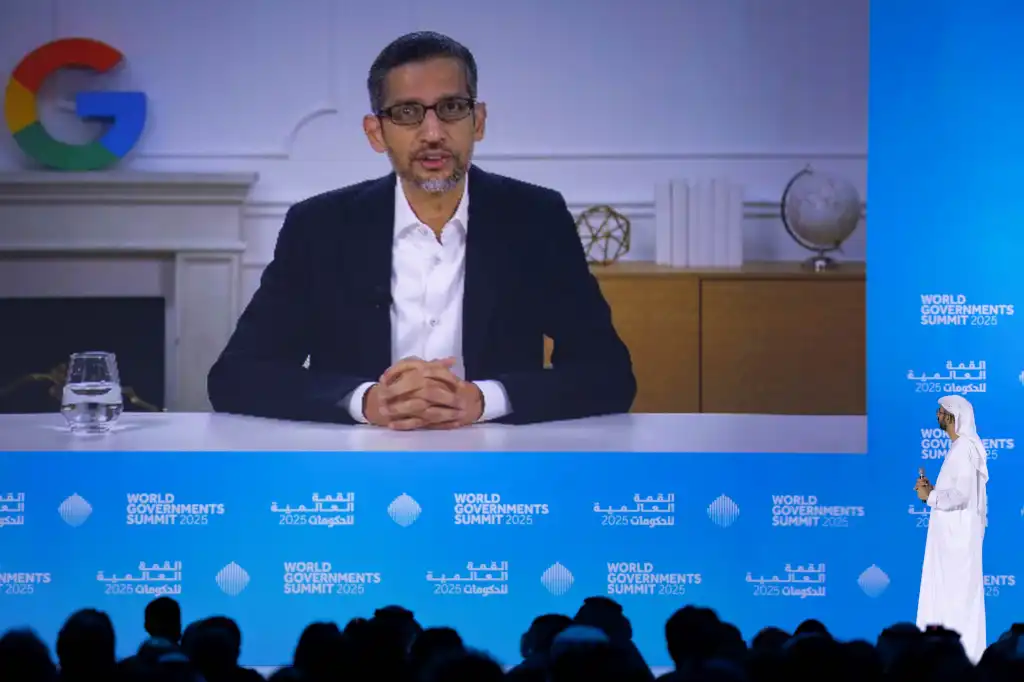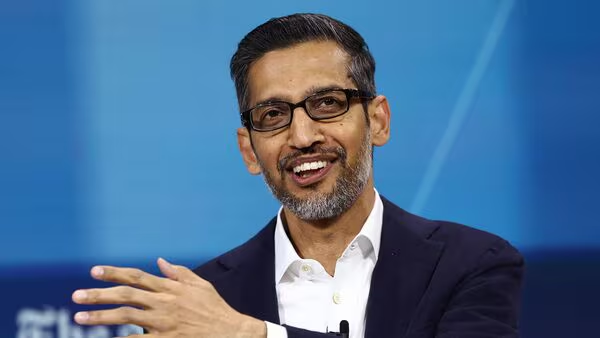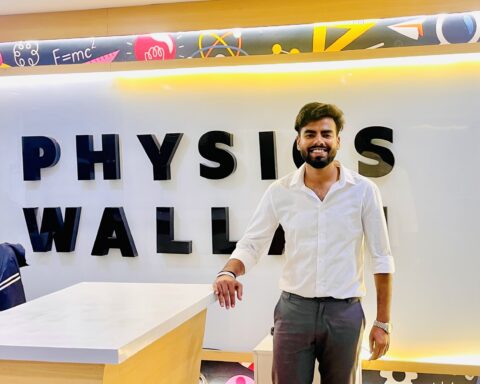In a powerful address at Google’s recent global leadership summit, CEO Sundar Pichai outlined a transformative strategy that positions artificial intelligence at the heart of Google’s innovation roadmap. His message was clear: AI is not just a tool—it’s the future of the company.

Speaking to top executives and product teams, Pichai emphasized that Google is entering a new phase where every product and service will be “AI-first, AI-native, and AI-responsible.” The announcement signals an ambitious leap forward in the tech giant’s mission to maintain leadership in a hyper-competitive industry.

According to internal sources, Pichai’s vision includes restructuring teams to enhance collaboration between AI research, product engineering, and user experience design. The aim is to accelerate development while ensuring responsible deployment—a key concern amid growing public scrutiny over the ethical use of AI.
Under Pichai’s leadership, Google has already made major AI breakthroughs, from its large language models powering Bard and Search Generative Experience, to advancements in healthcare and robotics through DeepMind. The new phase will see these technologies more deeply integrated into core consumer services like Search, Gmail, YouTube, and Android.
The company is also investing significantly in upskilling its workforce, encouraging employees across all departments to adopt an “AI-native mindset.” This includes new training programs, internal AI tools for productivity, and cross-functional project teams to fast-track innovation.
Pichai’s keynote highlighted not only the company’s technical roadmap but also its evolving leadership culture. “Innovation doesn’t happen in silos—it requires transparency, collaboration, and trust,” he told executives. He also encouraged bold thinking at every level, reminding teams that “the next generation of Google products will be shaped not just by algorithms, but by leadership.”
As the race for AI dominance intensifies across Silicon Valley, Google’s decisive shift under Pichai’s direction reaffirms its commitment to leading not just with code, but with conscience and clarity. Industry watchers say this move could redefine how big tech companies align vision, talent, and technology to build the next era of digital life.














